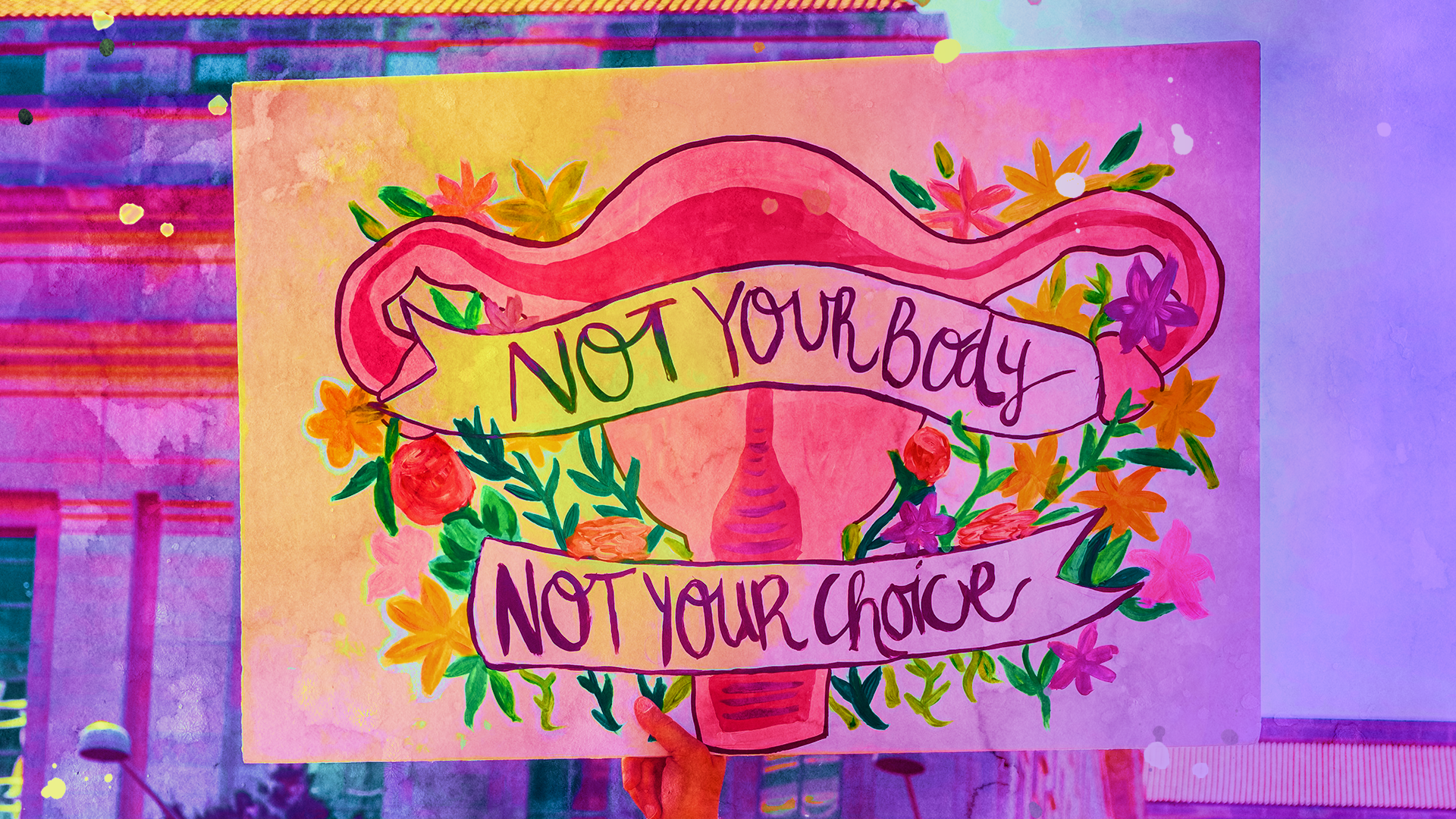
Women should make decisions about their own bodies
Albanian women are uninformed about childbirth.
I've heard stories of women who have been cut five centimeters on each side of their vagina and perineum without knowing it.
Arjola Hajdini
Arjola Hajdini studied Journalism and Communication Sciences at Beder University College. For years she has been engaged as a journalist in online media, carefully following gender-based violence in Albania.
This story was originally written in Albanian.